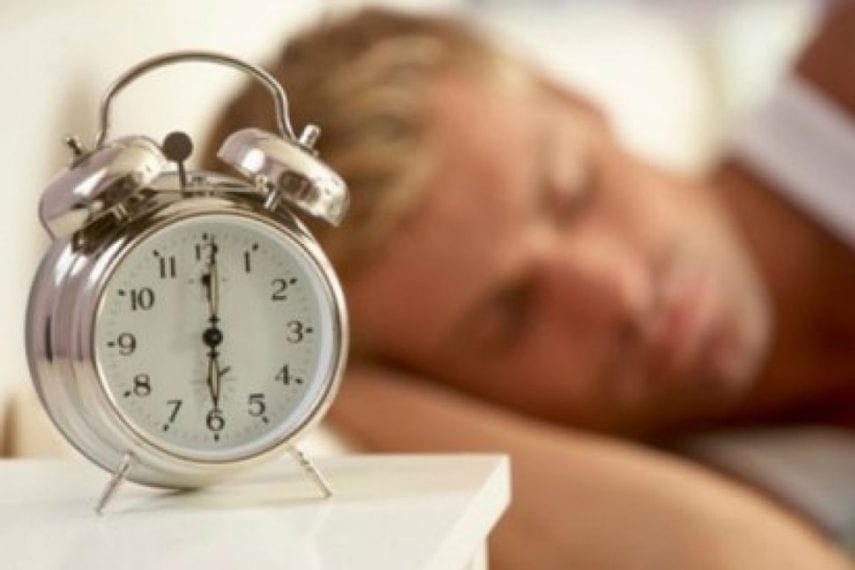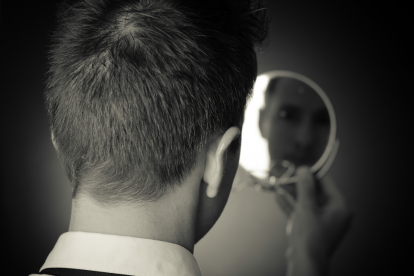Bipolar Disorder: The Importance of Sleep

People come in various shapes and sizes, but they all share three basic needs: Food, water, and sleep. Although many individuals overlook the latter from time to time, eventually this takes a toll on one’s mental and physical health.
For individuals dealing with bipolar disorder, sleep difficulties often occur through no fault of their own. Trouble falling or staying asleep can have serious ramifications for day-to-day life, as well as an individual’s long-term recovery.
How Bipolar Disorder Impacts Sleep (and Vice Versa)
Mental illness specialists refer to bipolar as a circadian rhythm disorder, meaning it interferes with the body’s melatonin levels and temperatures. This often results in significant sleep difficulties for patients, including:
- Frequent sleep disturbances. You may wake more often through the night and feel less rested when you wake in the morning.
- Irregular sleep schedules. Due to varying circadian rhythms, you may find yourself becoming tired at unusual times and having difficulty falling asleep when you need to.
- Co-occurring health problems. Lack of adequate sleep often leads to additional health consequences, such as hypertension and diabetes.
- Heightened bipolar symptoms. On days you haven’t gotten enough sleep, you may notice higher “highs” and lower “lows,” as well as greater difficulty being productive at work or other tasks.
Ways to Take Control of Your Sleep Schedule
When it comes to sleep, bipolar disorder can create a vicious cycle of sleeplessness and aggravated symptoms, continuing indefinitely until something changes. Overcoming sleep problems is not always easy; it may take several different approaches before you find what works for you. Methods that have worked for other patients include:
- Social rhythm therapy. As with many other regular activities for individuals with bipolar disorder, creating a carefully-structured sleep schedule is crucial to training your body to obtain the rest it needs. Each night, organize your day so you can go to sleep and wake up at the same time. Keep your sleep schedule the same on weekends or days you don’t work to make this strategy most effective.
- Avoid caffeine. Coffee, chocolate, and other foods containing this stimulant interfere with the body’s ability to fall asleep. They can also instigate manic episodes, making caffeine a substance to avoid at any time.
- Sleep medication. Although not a safe option for individuals recovering from substance addictions, medication can help those with extreme insomnia get to sleep at night. However, it will not prevent early waking patients from experiencing this issue.
- Bipolar treatment and medication. Because sleep problems represent one of many side effects of this disorder, the best way to reduce or eliminate them is to engage fully in a bipolar disorder treatment plan. For most patients, this includes regular counseling sessions and one or medications.
At Bridges to Recovery, we understand how difficult it can be to manage bipolar episodes when you’re not getting enough sleep. Our inpatient bipolar treatment program provides a structured environment in which patients receive close medical monitoring and a peaceful environment to restore healthy sleeping patterns. Contact us today to discuss treatment options.






